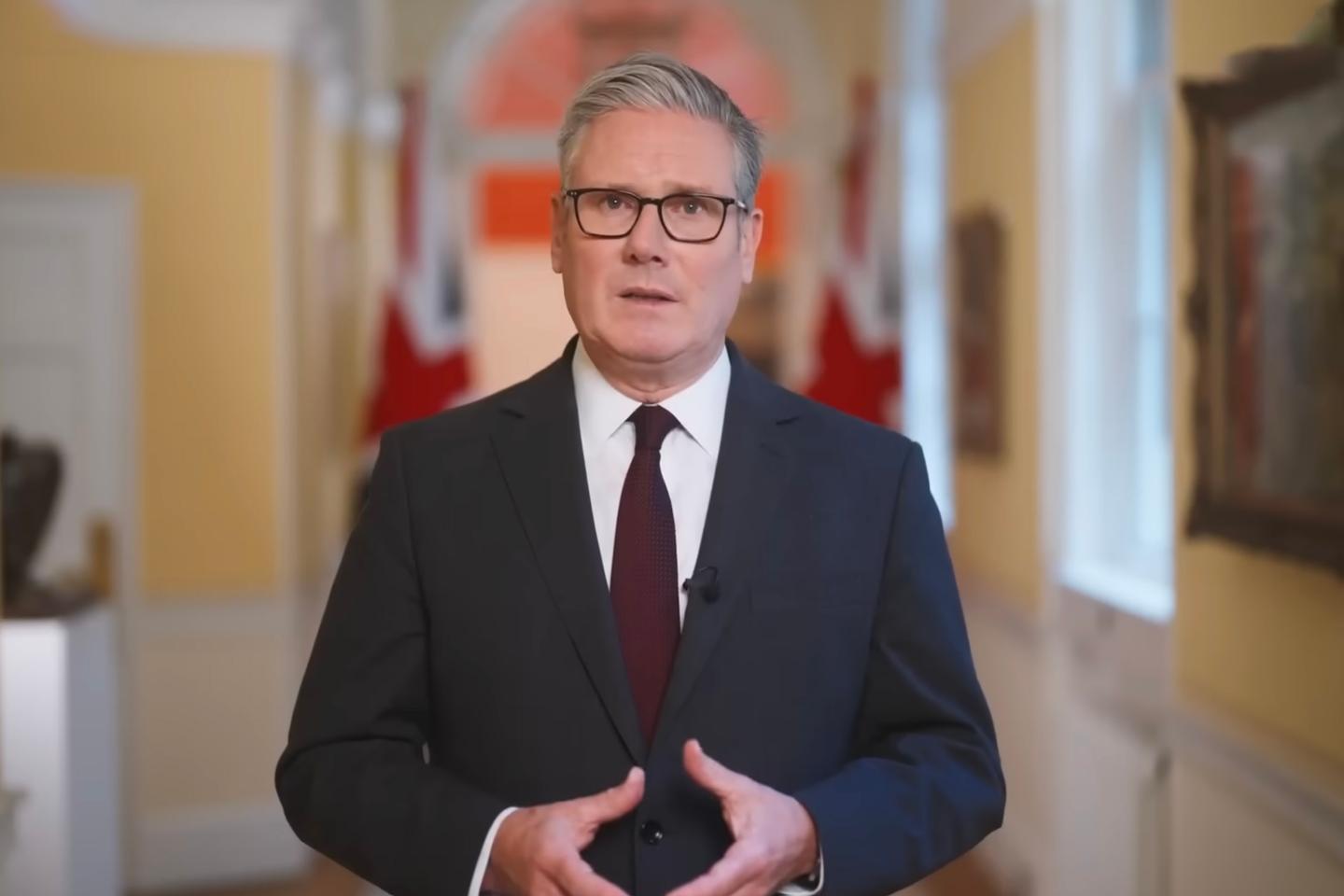Trump Claims He Ended Seven Wars, Faces Scrutiny
In a recent address to the United Nations, former U.S. President Donald Trump asserted that he had successfully "ended seven un-endable wars," prompting widespread discussion and scrutiny. Trump's claims, made on Tuesday, outlined a series of international conflicts he believes were resolved under his leadership. However, the validity of these claims has been challenged by various sources and international actors.
Trump's Assertions at the United Nations
Trump stated that the wars he ended "were raging, with countless thousands of people being killed." He specifically mentioned conflicts involving Cambodia and Thailand, Kosovo and Serbia, the Congo and Rwanda, Pakistan and India, Israel and Iran, Egypt and Ethiopia, and Armenia and Azerbaijan. He expressed frustration that the UN did not support or acknowledge his efforts in resolving these global conflicts. He further went on to add that it was the UN which was creating problems, not solving it.
"I ended seven wars … I never even received a phone call from the United Nations offering to help," Trump said.
Despite his claims, several of the mentioned conflicts remain unresolved or have seen renewed tensions. The ongoing situations in Israel and Gaza, as well as the Russia-Ukraine war, contradict Trump's assertions of ending all wars.
Examining the Seven Claimed Conflicts
While Trump has been praised for contributing to certain agreements, his role in securing ceasefires in other conflicts has been disputed or even deemed inaccurate. Here’s a closer look at the conflicts Trump claims to have ended:
Armenia and Azerbaijan
Trump hosted leaders from Armenia and Azerbaijan at the White House, leading to a peace agreement. While the agreement was a step forward, it remains unratified and several issues remain unresolved, including constitutional changes demanded by Azerbaijan.
Cambodia and Thailand
After violence erupted along the Thailand-Cambodia border, Trump reportedly threatened to halt trade negotiations if a ceasefire was not agreed upon. While a ceasefire was reached, the underlying border conflict remains unresolved. Cambodia's Prime Minister Hun Manet, has nominated him for the Nobel Peace Prize for this.
Israel and Iran
Trump announced a ceasefire between Israel and Iran, but the situation remained tense. While a ceasefire was eventually endorsed, no comprehensive peace agreement or resolution to Iran's nuclear program was achieved, with continued threats exchanged between both parties.
India and Pakistan
Following heightened conflict between India and Pakistan, Trump announced a US-brokered end to the fighting. Accounts differ, with Pakistan praising US involvement and nominating Trump for the Nobel Peace Prize, while India downplayed his role, claiming a direct agreement between the two countries.
Rwanda and the DRC
Although a peace agreement was signed between the Democratic Republic of the Congo (DRC) and Rwanda, brokered by the US, the conflict remains ongoing, with numerous militia groups still engaged in deadly fighting. A UN report also highlighted continued hostilities.
Egypt and Ethiopia
It is contested whether Egypt and Ethiopia were ever actually at war. However, a dispute over the Grand Ethiopian Renaissance Dam continues, raising concerns of potential escalation.
Serbia and Kosovo
Kosovo declared independence from Serbia in 2008, with continuing tensions between the two countries, although a normalization agreement was signed in 2020. The European Union continues to play a key role in mediation. Trump also criticised the UN, recalling the time he lost a bid to renovate it's New York headquarters.
Impact and Reactions
Trump's self-nomination and claims of ending wars have been met with mixed reactions. While some parties have praised his efforts, others dispute the extent of his involvement and the long-term impact of the agreements brokered. The complexities of these conflicts highlight the challenges in achieving lasting peace and the ongoing need for international cooperation.
 Visit the website
Visit the website






